Under the original version of the 2021 Formula One calendar, the weekend just gone should have seen the season-opening race held in Melbourne.
Instead, Albert Park was silent, the grandstands and concrete barriers nowhere to be seen, with the race rescheduled to November 21.
It means a much quieter March than usual for the boss of the Australian Grand Prix Corporation, Andrew Westacott, who 12 months ago found himself at ground zero when the COVID-19 pandemic hit.
That forced the cancellation of the 2020 race just hours before practice was due to begin, while this year's race was moved after F1 teams baulked at the idea of completing Australia's mandatory two-week quarantine period.
Under the revised schedule, the Melbourne race is due to take place two weeks after the Brazilian Grand Prix, leaving no time for the travelling F1 contingent to quarantine.
But Westacott says he's as confident as he can be in the current climate that the race will go ahead in November, although exactly how it will work will depend on the health conditions at the time.
"The short answer is yes, because if you look at the motorsport calendar for 2020, Formula One and MotoGP were able to operate 31 races across 14 different countries," he told Wide World of Sports.
"They have a very, very rigorous schedule that won't accommodate separate quarantine periods in every one of the jurisdictions where they race.
"What we've got to do, in consultation with the health authorities, Formula One, and the government, is an arrangement where they will come into a separated bubble, with no interaction with the general public, to be able to operate between the hotel and the circuit only.
"This bubble approach needs to have a lot of involvement with the health authorities but they've done it very successfully overseas; they have a zero-tolerance approach to COVID-19, whether you're Lewis Hamilton or Valentino Rossi. If you test positive, you do not race and you're excluded from the paddock."
Victoria has been particularly sensitive to border restrictions since the state's 'second wave' in 2020, but Melbourne was able to successfully stage the Australian Open tennis last month, the first large-scale international sporting event in this country since the start of the pandemic.
"As a Melburnian and as the person in charge of staging the event, I have no desire to have Formula One be responsible for any form of outbreak here in Melbourne," Westacott said.
"We fought long and hard through COVID lockdowns last year, and the job for ourselves and the health authorities is to design a set of arrangements that protects everyone involved in the sport, but at the same time allows us to open up industries; and the major events industry is a massive contributor to the Victorian economy, and a massive provider of jobs.
"We all have to make adjustments, and some of those adjustments might come with vaccines and others will come with the learnings that we're going through in terms of learning to live with the pandemic."
With this year's race being moved to November, Westacott says he's "open-minded" about the Melbourne race shifting to that timeslot on a regular basis, noting that timing of future races is being "actively reviewed". With a couple of exceptions, Albert Park has hosted the season-opening race since taking over from Adelaide in 1996.
One of the reasons Tennis Australia pushed ahead with this year's Australian Open was a fear that other countries could steal the year's first Grand Slam, yet Westacott remains confident Melbourne's future on the F1 calendar is secure.
"We've worked very closely with the people at Formula One for a long time now to deliver a hallmark event," he said.
"That comes with a strong level of trust on both sides.
"But we can never take that for granted, if we're not able to stage events in Melbourne for long periods of time, well, other cities become options.
"I don't see it going anywhere because we've got a contract until 2025 but equally, you can never take major events for granted and you've always got to be delivering it to a world class level."
The opening round of the AFL season saw crowds return to the MCG, with 50 percent capacity allowed, with an increase to 60 percent likely in the coming weeks.
Westacott is planning for crowds at Albert Park later this year, although how many will be able to attend is still up in the air. He flagged a 'zone system' similar to that used at Melbourne Park during the Australian Open.
"The benefit we have is we have a park that's 176 hectares in size, it's 29-times bigger than the MCG and it's primarily open-air," he said.
"If we can have grandstands occupied in stadiums around Australia, we can design and build grandstands for Albert Park that are COVID-safe, we can design corporate facilities that are akin to restaurants and function centres, and they can operate with strict QR code arrangements.
"From a general admission point of view, what we're going to do is design the venue with designated zones and each zone will have a level of capacity that's determined by the health authorities.
"That might mean I've got five zones of 10,000 people, or eight zones of 10,000 people each. We'll adopt a modular, expandable approach, that gives us the ability to be flexible in line with government directives."
For a daily dose of the best of the breaking news and exclusive content from Wide World of Sports, subscribe to our newsletter by clicking here!
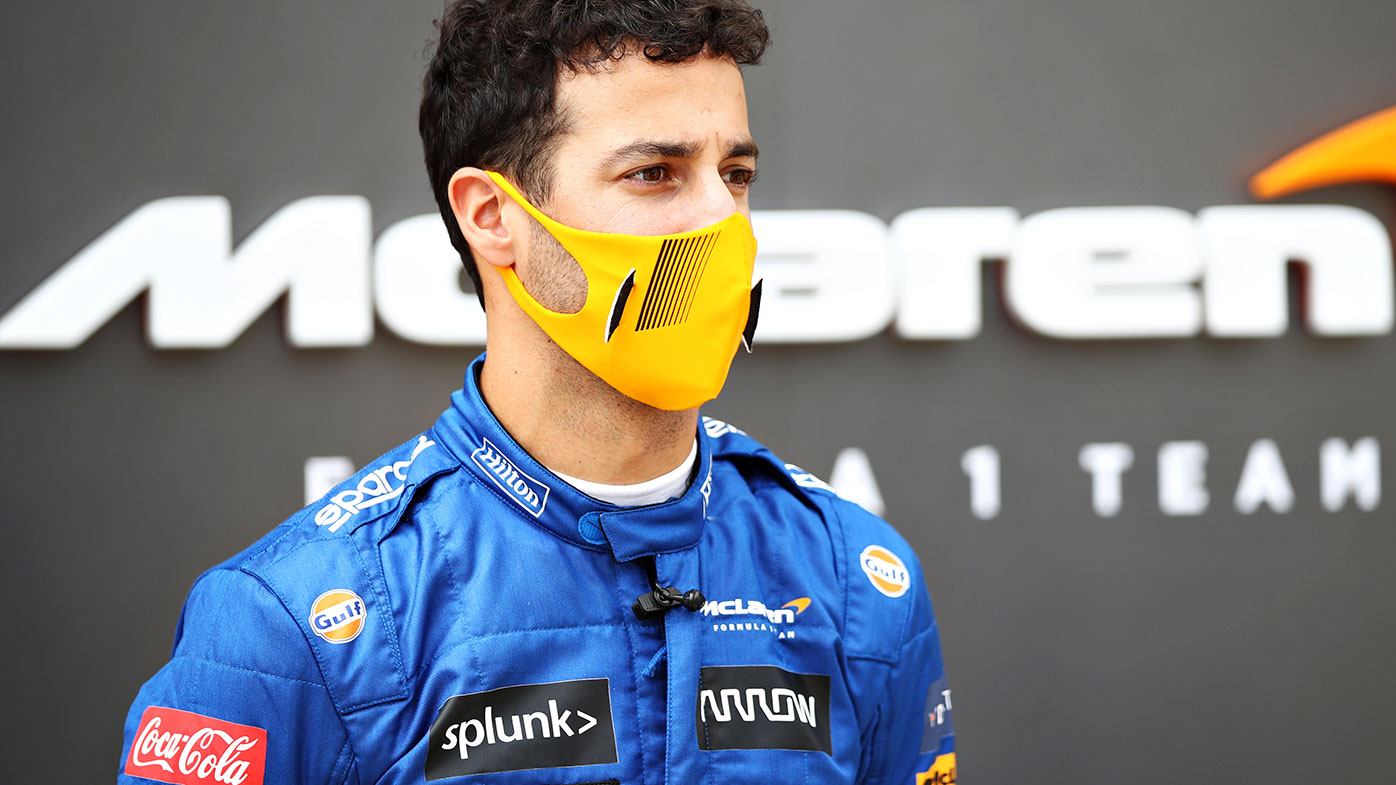
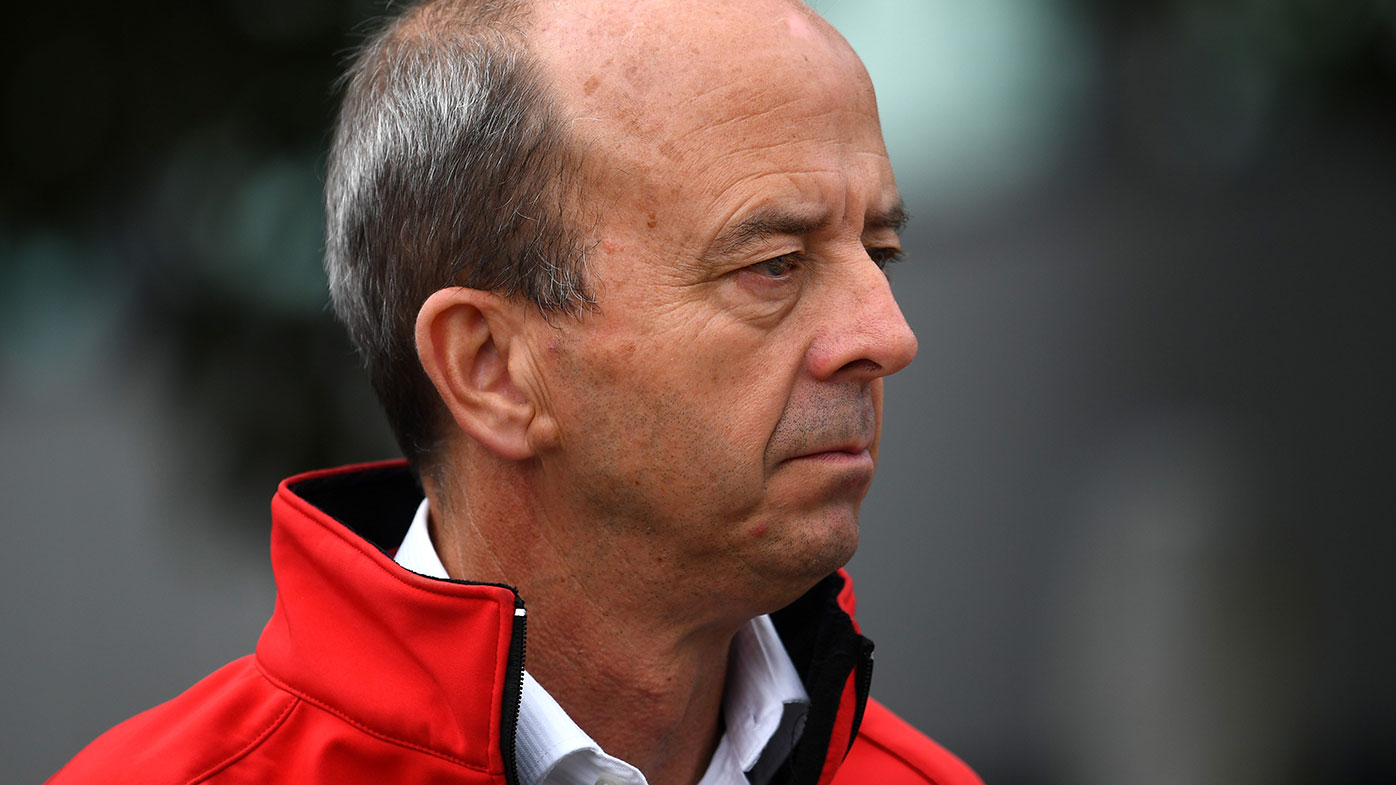
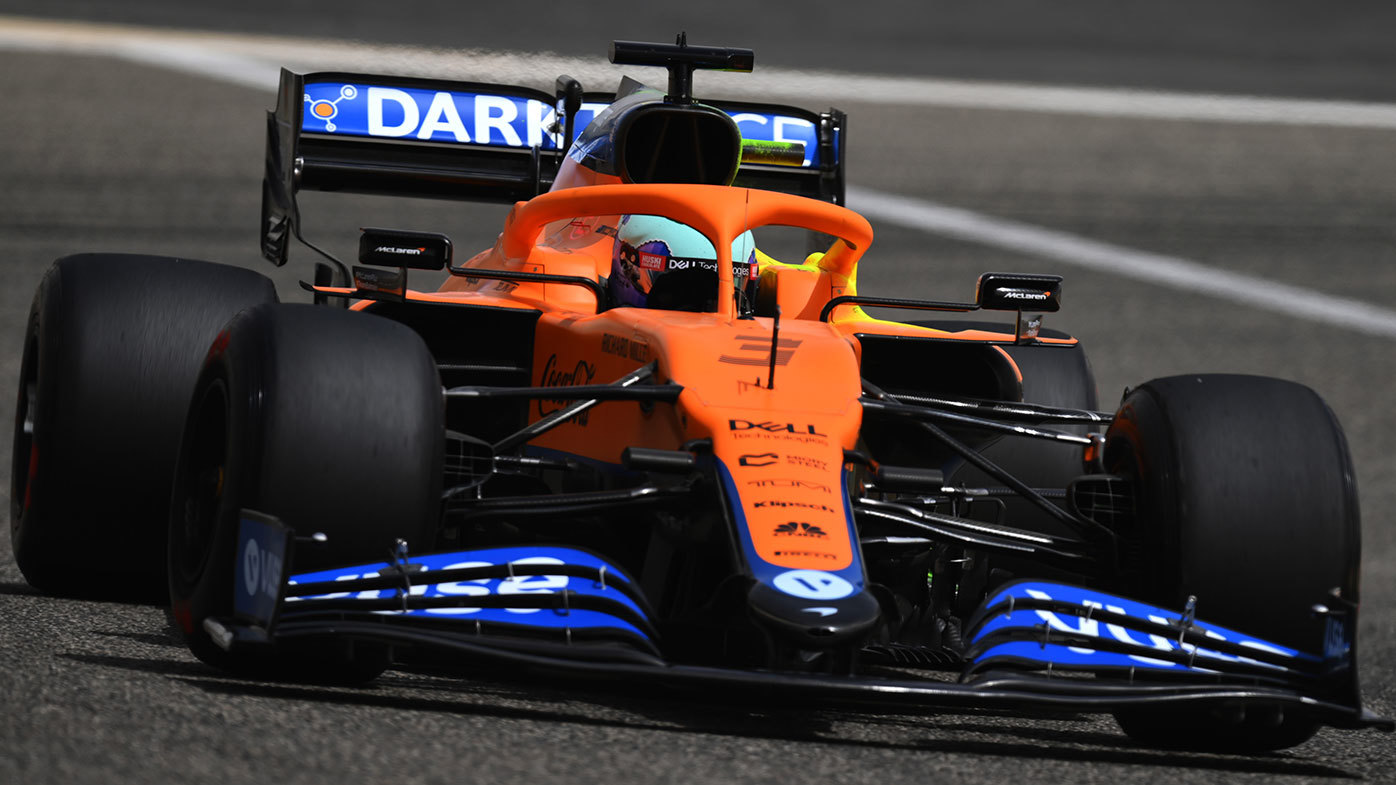
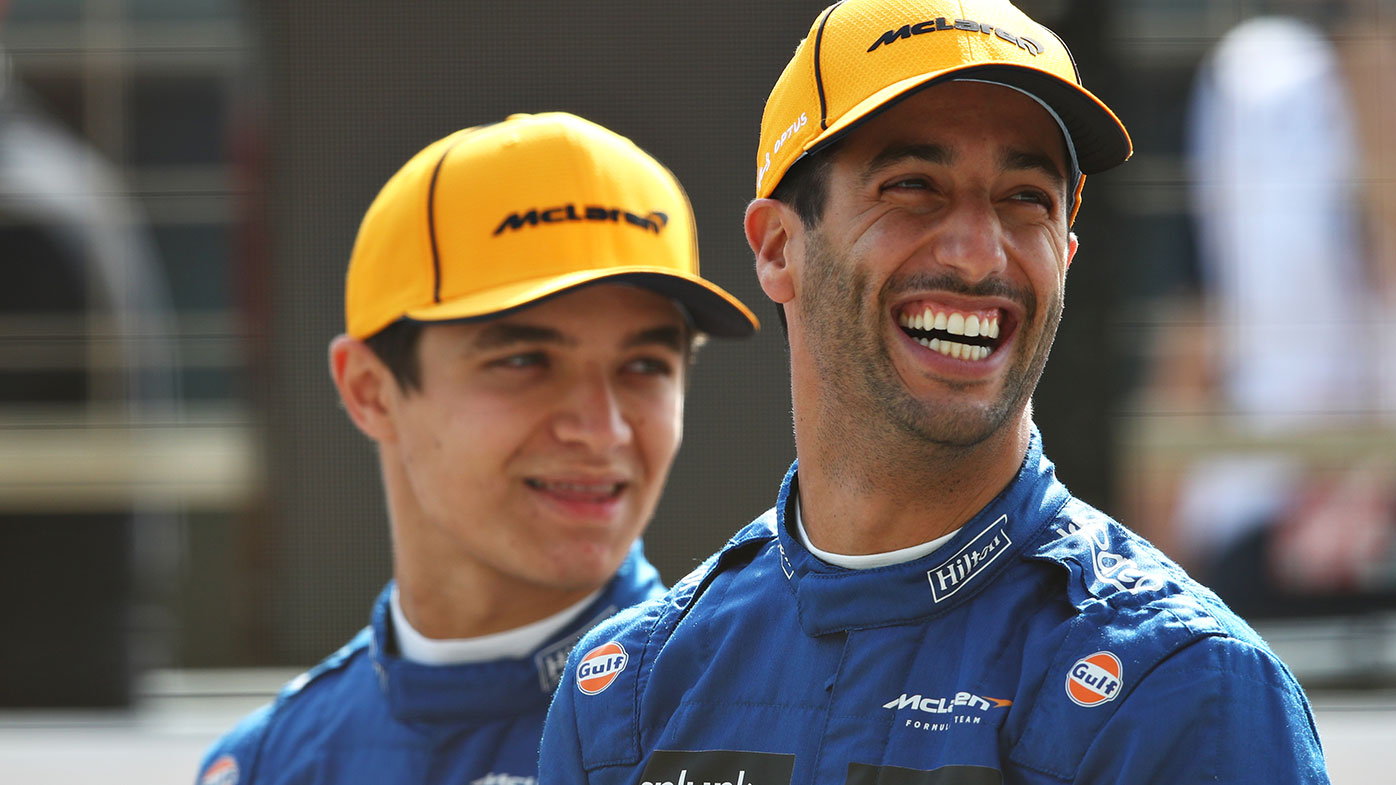
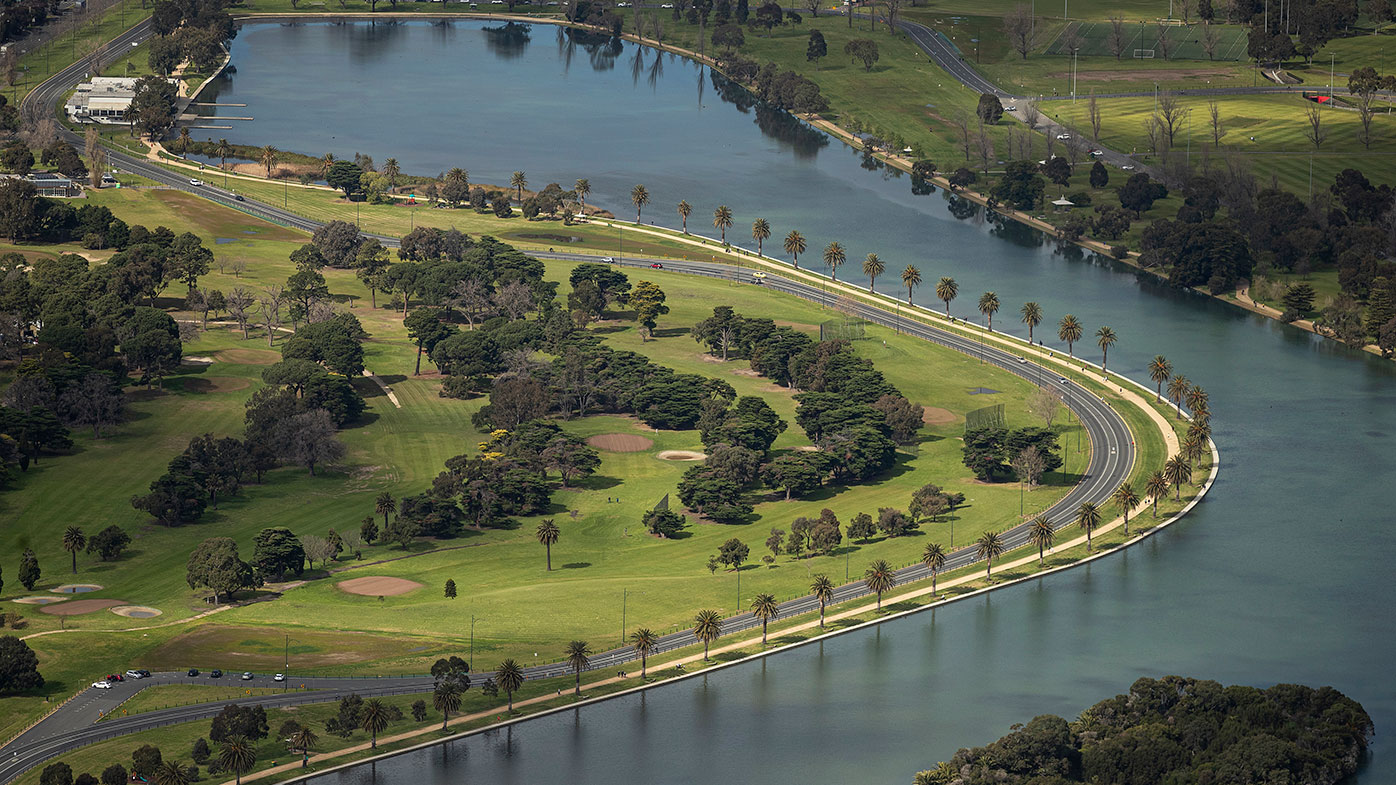
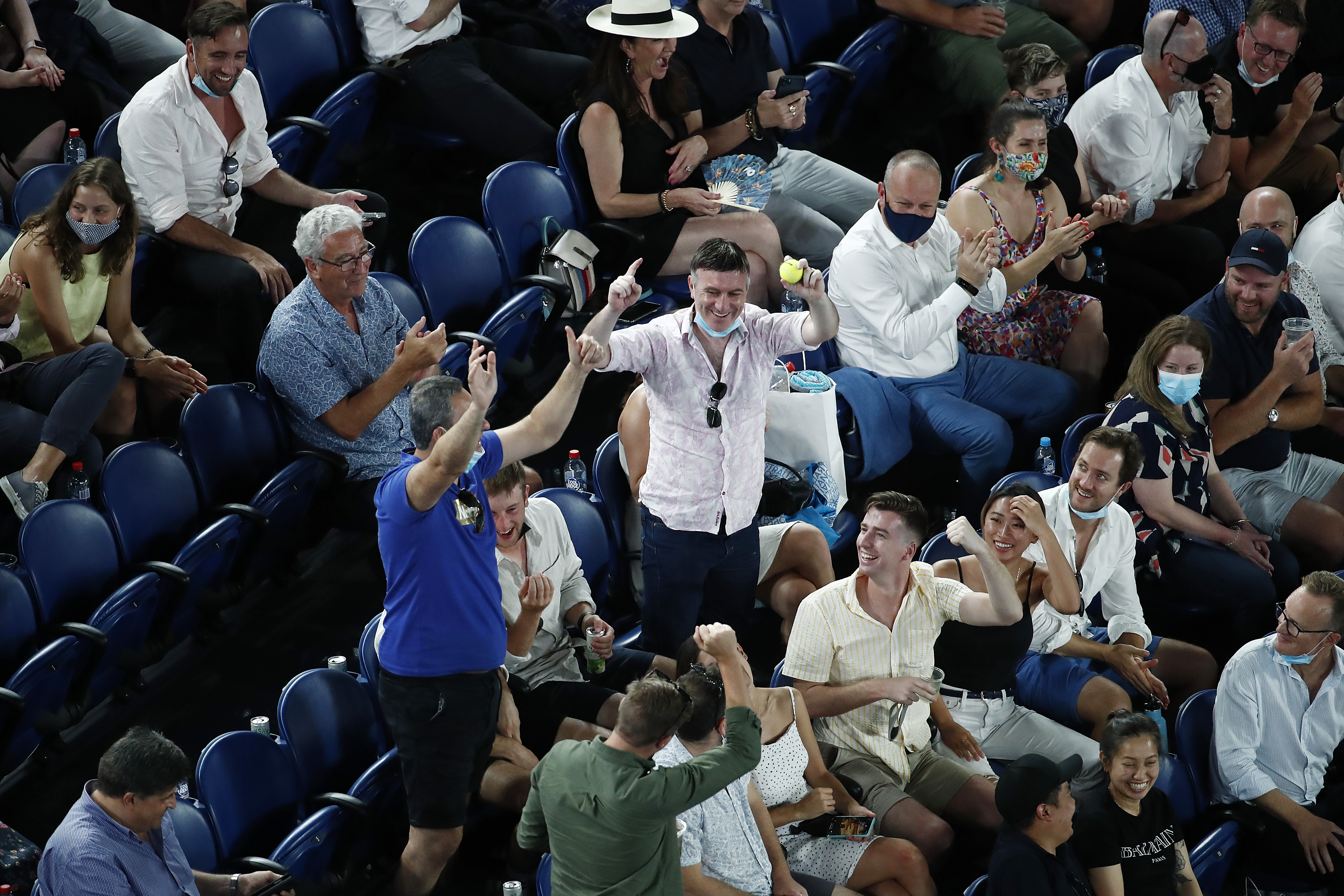
Leave a Reply
You must be logged in to post a comment.